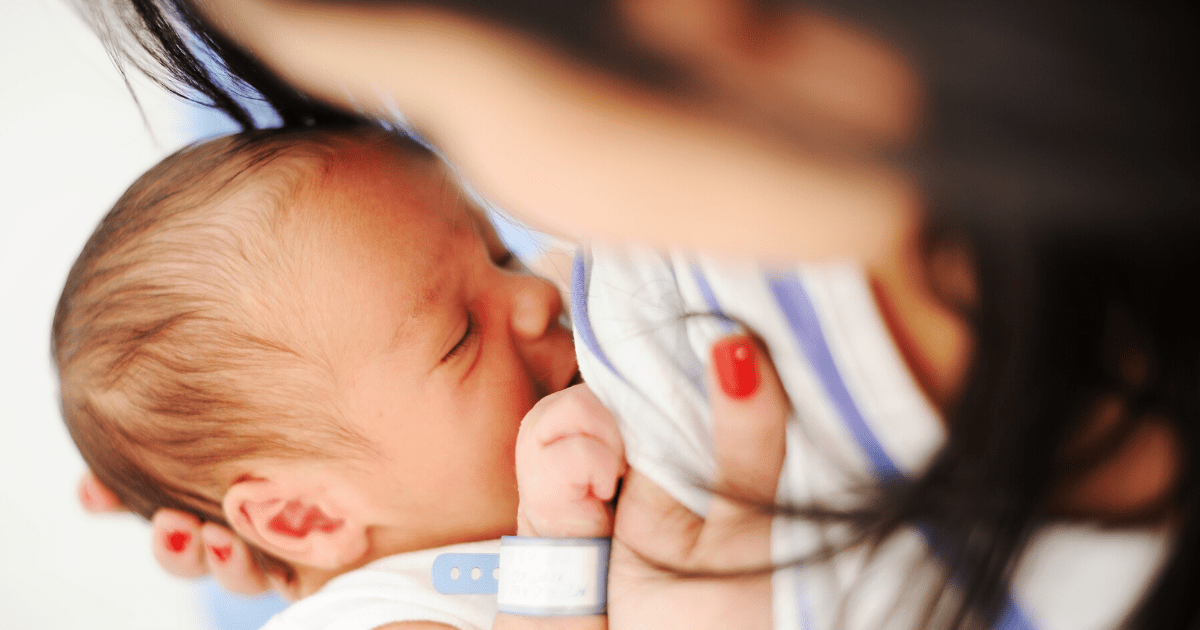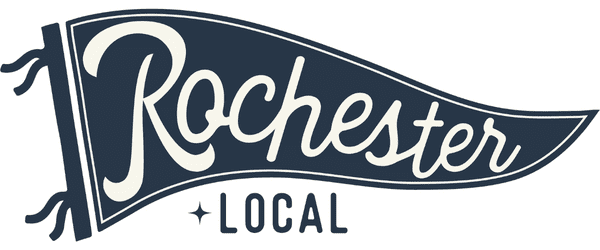This post is sponsored by Olmsted Medical Center Lactation Services 
This post was first published in 2017
Breastfeeding is a natural experience, but sometimes it’s hard and it takes time to learn. It’s like a beautiful dance and your baby is your partner. Take the time to get to know each other. Learn the steps together. Be patient. Get help if you need it. Ask questions. It could be one of the greatest experiences of your life.
Fun Facts
Your breasts will leak…a lot. You may drip milk out of one while you feed your baby on the other. Once the milk starts to flow, milk may even spray out of your breasts in all different directions.
Breast milk changes to meet your baby’s needs. It changes from morning to night. It changes from the beginning of a feeding to the end. It changes as your baby grows. It changes if your baby is sick. It changes if you are sick. It’s different for preterm babies vs full term babies. Breast milk is alive! It has stem cells, antibodies and proteins. The healthy bacteria in breast milk can actually colonize your baby’s gut and provide some lifelong protection. If you get a cold, your breast milk will help protect your baby from getting your cold. If your baby catches a cold, your baby’s germs will go into your breast milk and your breast will become a little germ fighting factory, making antibodies and feeding them right back to your baby to help them fight their illness.
A mother who breastfeeds recovers from childbirth more quickly. They may be at a lower risk of developing breast cancer and ovarian cancer according to some research studies. Breastfeeding may also decrease the risk of developing Type 2 diabetes, rheumatoid arthritis, high blood pressure and high cholesterol in the mother.
FAQs
What can I expect in the first few days?
Babies are usually very alert for the first hour or so after birth. This is typically when the first feeding occurs. Some infants will even crawl right up to their mother’s breasts and latch right on as their instinct kicks in. Others need a little extra help. Sometime after the first hour, your baby will get very sleepy. Most newborns sleep a lot in the first 24 hours. Then the second night hits. Your baby starts to wake up more and this world may seem like a scary place. They need their mother’s touch, her warmth, the sound of her heartbeat. They want to nurse all night long! Do lots of skin-on-skin with your baby. Let them nurse. it will make them feel safe and help to bring your mature milk in faster. Baby’s usually need to eat 8-12 times a day. A breastfed baby can’t eat too much. Your milk supply will increase each day as your baby’s stomach grows. Mature milk starts to come in between days 3-5. Your breasts may get engorged. Let your baby nurse as often as they will. They will help keep your breasts empty and more comfortable during this time. Your nipples will be tender but they should be intact. Contact a lactation consultant if your breasts experience bleeding or cracking.
The first 2 weeks are the hardest. It’s when many mothers quit breastfeeding. It’s also a very critical time because it’s when your breasts are becoming “programed” to make milk. Early and frequent milk removal can make more milk in the long term. Some mothers do experience problems with milk supply if the breasts are not stimulated enough in the first 2 weeks.
How do I know my baby is getting enough milk?
It is normal for breastfed babies to lose some weight in the first few days after birth. Then they should gain at a rate of approximately 5-7 ounces a week. They should be back to their birth weight by days 10-14 after birth. They should have approximately one wet diaper and one soiled diaper for however many days old they are up to day four. Stools should be yellow in color by day five. As your milk starts to come in, your breasts should feel softer at the end of a feeding and your baby should seem content. If these goals are not being met, or you are concerned, contact a lactation consultant.
When should I start pumping?
If there is no medical reason to pump in the first two weeks, don’t! Learn the breastfeeding dance with your baby. Let your baby set up your milk supply. If breastfeeding is going well, you can start pumping any time after the first two weeks or later. Most mothers only need to pump once or twice a day to start a freezer stash for when they are away from their baby. If you’re pumping to store milk, pump after you breastfeed. You’ll usually get the most after the first morning feeding of the day.
If you have any breastfeeding questions or concerns, contact an Olmsted Medical Center lactation consultant today!

